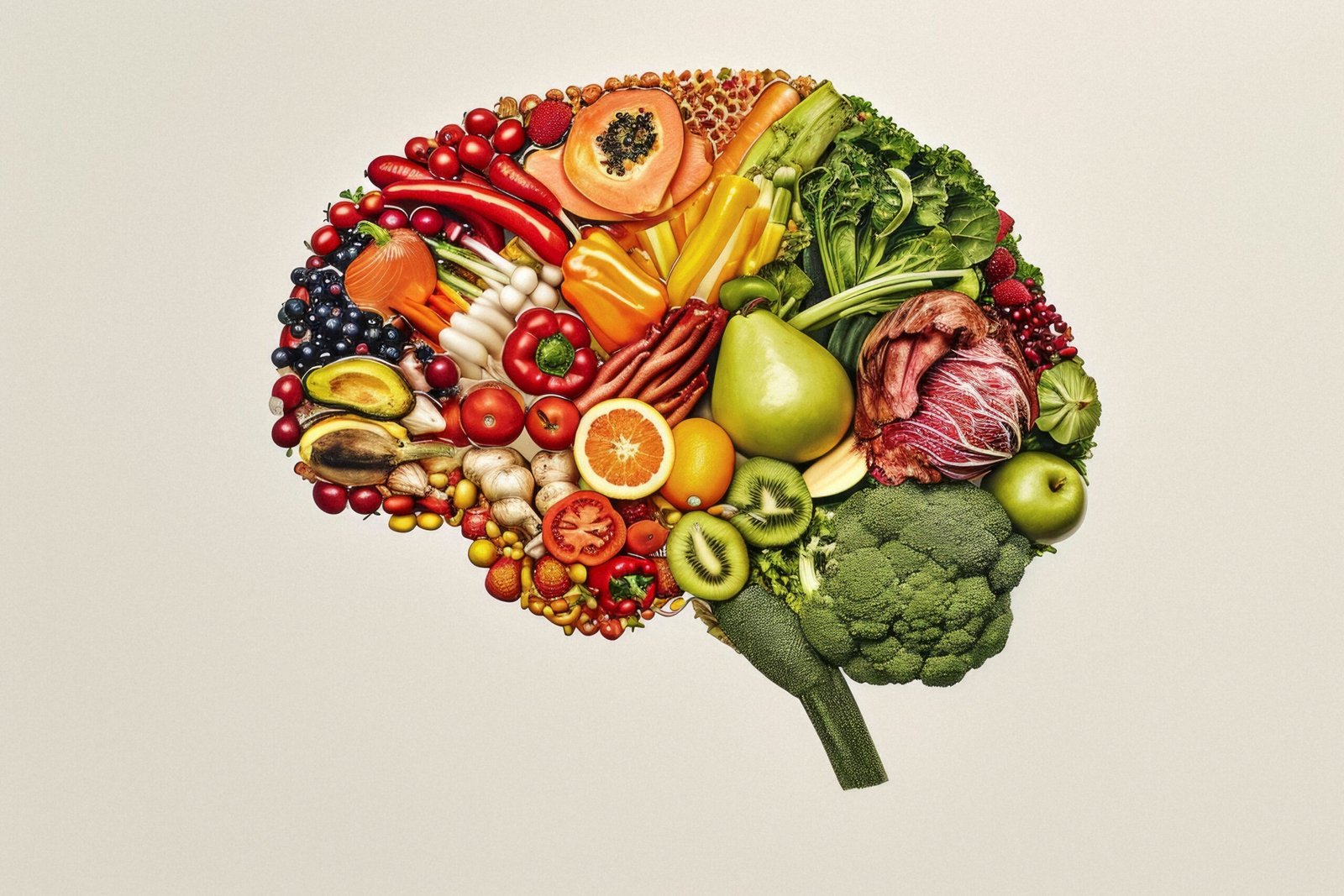The incidence of early-onset colorectal cancer (eoCRC), defined as colorectal cancer in individuals under the age of 50, is climbing globally. Despite this alarming trend, the etiological factors remain inadequately understood. This systematic review meticulously examines the exogenous dietary and lifestyle risk factors associated with eoCRC, exploring their potential roles in epigenetic modifications and microbiota alterations. The review underscores the need for further large-scale, systematic studies to better comprehend these relationships and suggests that lifestyle modifications could complement colorectal screening in eoCRC prevention.
Alarming Statistics and Expert Opinions
Recent analysis reveals a worrying increase in early-onset cancer cases, particularly among young adults. Since the 1990s, cancer rates have surged by over twice as much in individuals under 50 compared to those over 75. Cancer Research UK’s data shows that around 35,000 people aged 24 to 49 are diagnosed with cancer annually, up from 26,000 two decades ago—a 24% increase since the early 1990s. In comparison, cancer rates in the over-75s rose by only 10%. This significant rise in younger populations is a “scientific conundrum” that requires urgent attention, according to Professor Charles Swanton, the charity’s chief clinician.
Key Findings on Dietary and Lifestyle Risk Factors
- Processed Meat and Sugary Drinks: High consumption of processed meats and sugary drinks are consistently linked to an increased risk of eoCRC.
- Alcohol Consumption: Heavy alcohol use is a significant risk factor. Interestingly, both heavy drinkers and abstainers are at increased risk, suggesting a complex relationship.
- Western Dietary Pattern: Diets high in red and processed meats, refined grains, and sugary beverages elevate eoCRC risk. Conversely, a high intake of fruits, vegetables, and fibres appears protective.
- Protective Foods: Diets rich in vegetables, citrus fruits, and fish have been associated with a reduced risk of eoCRC.
Physical Activity
- Sedentary Lifestyle: Physical inactivity, particularly high sedentary time (e.g., watching TV), is linked to higher eoCRC risk. Regular physical activity could mitigate this risk.
- Mixed Evidence: While some studies confirm the protective role of physical activity, others find no significant associations, highlighting the need for more comprehensive research.
Obesity
- Body Mass Index (BMI): Higher BMI, particularly obesity, is a well-documented risk factor. Obese individuals show a significantly higher risk of eoCRC.
- Abdominal Obesity: Central obesity is particularly detrimental, emphasizing the need for targeted weight management strategies.
Smoking
- Tobacco Use: Smoking is a confirmed risk factor for eoCRC, similar to its role in late-onset colorectal cancer (loCRC). The risk is more pronounced in current smokers compared to former smokers.
Epigenetics and Microbiota
Epigenetic Modifications
- DNA Methylation: Exogenous factors such as diet and lifestyle can induce DNA methylation changes, promoting carcinogenesis. LINE-1 hypomethylation, an early epigenetic alteration, is notably associated with eoCRC.
- Dietary Influence: Diets high in fibres and low in red meat may positively influence epigenetic markers, potentially reducing eoCRC risk.
Microbiota Alterations
- Gut Dysbiosis: Lifestyle factors can disrupt the gut microbiota, fostering an environment conducive to colorectal cancer development. High intake of processed foods, rich in emulsifiers, has been linked to pro-tumorigenic effects.
- Role of Butyrate: Short-chain fatty acids like butyrate, produced by fibre-fermenting bacteria, have protective roles against CRC through modulation of gut health and epigenetic regulation.
The Role of Gut Health
Research presented at the American Society of Clinical Oncology’s annual conference emphasized the impact of gut health on cancer risk. Studies from Ohio State University indicate that unhealthy diets may foster gut inflammation and accelerated ageing of the colon. Specifically, the presence of Fusobacterium, associated with low-fibre and high-sugar diets, is linked to higher inflammation and cancer risk. Moreover, under-50s with bowel cancer had gut cells appearing 15 years older than their actual age, suggesting long-term damage from chronic inflammation.
Preventive Measures and Further Research
Despite the disturbing trend, young-onset cancer remains relatively uncommon. Nonetheless, investigating this increase is crucial. Factors such as lifestyle changes, diet, genetics, microbiome, and improved screening methods are all areas of interest. Professor Swanton emphasizes the importance of addressing preventable cancer causes like smoking, obesity, and poor diet. Additionally, further research is needed to uncover unknown preventable factors contributing to the rise in under-50 cancer cases.
Future Directions and Public Health Implications
The review advocates for well-designed international multi-center studies to systematically analyze the exogenous risk factors contributing to eoCRC. Developing standardized, detailed questionnaires to assess dietary habits, physical activity, and smoking status across diverse populations could provide more definitive insights.
Conclusion
The surge in early-onset cancer cases underscores the urgent need for lifestyle changes and comprehensive research to understand and combat this trend. This comprehensive review highlights the significant role of modifiable dietary and lifestyle factors in the increasing incidence of eoCRC. Alcohol consumption, obesity, physical inactivity, smoking, and poor dietary habits are critical risk factors. Understanding and modifying these factors through public health strategies could play a pivotal role in eoCRC prevention. Further research into epigenetic and microbiota changes will enhance our understanding and inform effective prevention strategies. Public awareness campaigns and early screening initiatives are crucial in addressing this growing health concern.
Call to Action
To combat the rising incidence of eoCRC, it is imperative to promote healthy lifestyle choices and regular screening among young adults. Health professionals should be vigilant in considering CRC in young patients presenting with alarm symptoms, even in the absence of a family history. Identifying and mitigating modifiable risk factors through targeted public health interventions can significantly alter the trajectory of eoCRC incidence. Continued investment in research will be vital in unlocking the causes of this alarming trend and improving prevention and early detection strategies globally.
For more updates on cancer research and prevention strategies, subscribe to our newsletter and follow us on our social media pages.
References
https://www.express.co.uk/life-style/health/1906456/cancer-early-onset-bowel-gut-health
https://www.mdpi.com/2072-6694/13/23/5933
https://www.cancerresearchuk.org/our-research/researchers/professor-charles-swanton





